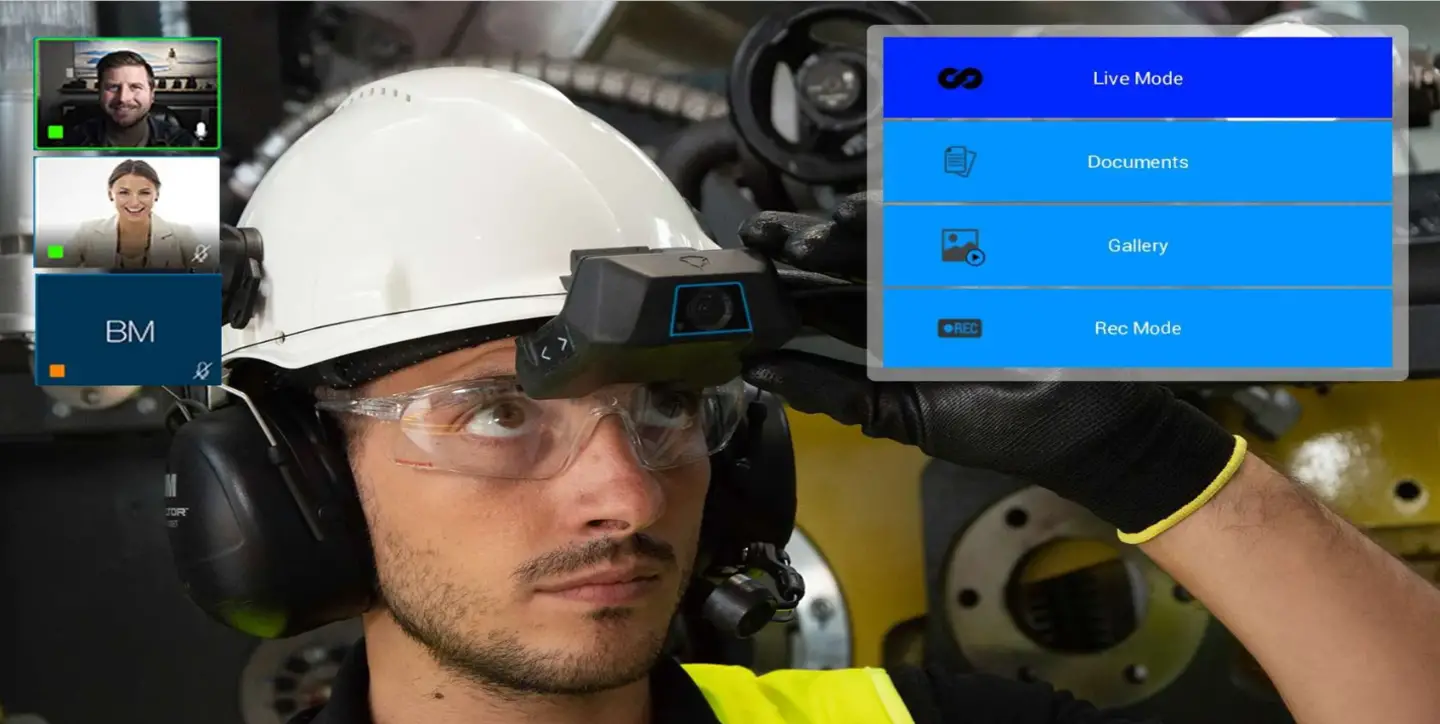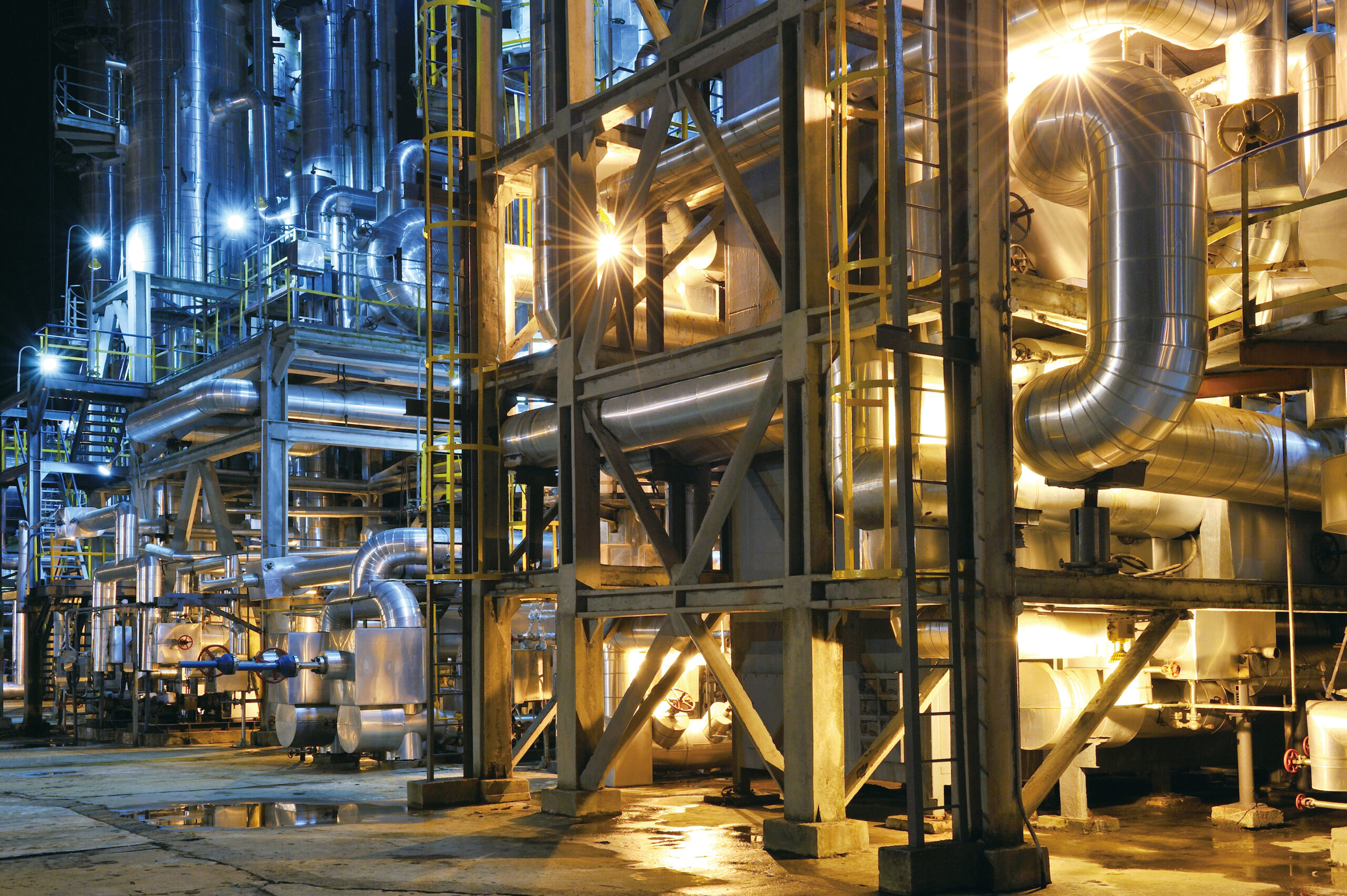Kiber AR: The Future of Digital Interaction” heralds a groundbreaking era where augmented reality (AR) technology takes center stage. This innovative advancement promises to transform the way we engage with the digital world, offering immersive, interactive experiences that bridge the gap between the virtual and physical realms. Explore the limitless potential of Kiber AR as it reshapes our digital landscape and redefines human-computer interaction.
Understanding Kiber AR
Kiber AR is at the forefront of augmented reality wearables, poised to redefine industries such as aerospace, oil and gas, power generation, and pharmaceuticals. By seamlessly merging digital and physical realms, these innovative wearables promise transformative advancements in maintenance, simulations, and operations, ushering in a new era of efficiency and innovation.
Applications of Kiber AR
Kiber AR finds applications across various industries, enhancing user experiences, training simulations, and spatial data visualisation.
Here are detailed applications of Kiber AR with examples
1. Oil and Gas
Maintenance and Inspections: Kiber AR can facilitate real-time visual overlays of equipment schematics, enabling technicians to identify and address issues swiftly.
Training and Simulations: It offers immersive training experiences for hazardous scenarios, enhancing safety protocols and emergency response preparedness.
Remote Assistance: Experts can provide guidance and support to on-site personnel through live AR video feeds, minimizing downtime and reducing the need for travel.
2. Aerospace
Assembly and Manufacturing: Workers can follow step-by-step AR-guided instructions during complex assembly processes, reducing errors and improving efficiency.
Design and Prototyping: Engineers can visualize and manipulate 3D models in real-world settings, streamlining the design process and aiding in prototype testing.
3. Utilities
Infrastructure Maintenance: Kiber AR aids in the inspection of critical infrastructure, allowing for accurate assessments and timely repairs.
Grid Management: It offers real-time data overlays for grid monitoring, helping operators make informed decisions about power distribution and load balancing.
4. Food Manufacturing
Quality Control: AR can assist in quality inspections by overlaying product specifications and highlighting deviations from standards, ensuring consistency and safety.
Training and Onboarding: New employees can receive hands-on training with AR-guided instructions for tasks like food processing and packaging.
5. Chemical Processing
Safety Protocols: Kiber AR provides visual cues and alerts for handling hazardous materials, enhancing worker safety and compliance with safety protocols.
Process Optimization: It allows operators to monitor and control chemical reactions and processes in real time, optimizing efficiency and reducing waste.
6. Marine and Shipbuilding
Assembly and Repairs: AR-guided instructions assist in complex assembly processes and repairs, reducing errors and expediting the construction and maintenance of ships.
Navigation and Safety: AR overlays can provide real-time information about navigational data, weather conditions, and potential hazards, enhancing maritime safety.
7. Pharmaceutical
Research and Development: AR aids in visualizing molecular structures and conducting virtual experiments, expediting drug discovery and development.
Training for Clean Room Environments: It offers guidance for working in sterile environments, ensuring compliance with strict pharmaceutical manufacturing standards.
8. Renewable Energy
Maintenance of Renewable Infrastructure: AR can assist in the inspection and maintenance of solar panels, wind turbines, and other renewable energy systems.
Training for Renewable Technicians: AR provides realistic simulations for training technicians on maintaining and troubleshooting renewable energy systems.
Conclusion
Kiber AR represents a significant leap forward in the realm of augmented reality wearables and AR remote communication. Its potential applications are vast, spanning industries from healthcare to education and beyond. While challenges exist, the promise of a more immersive and interactive digital world is on the horizon. As we move forward, it’s clear that Kiber AR is set to play a pivotal role in shaping the future of digital interaction.
Don’t Just Imagine, Experience It: Click for Kiber AR Marvels









